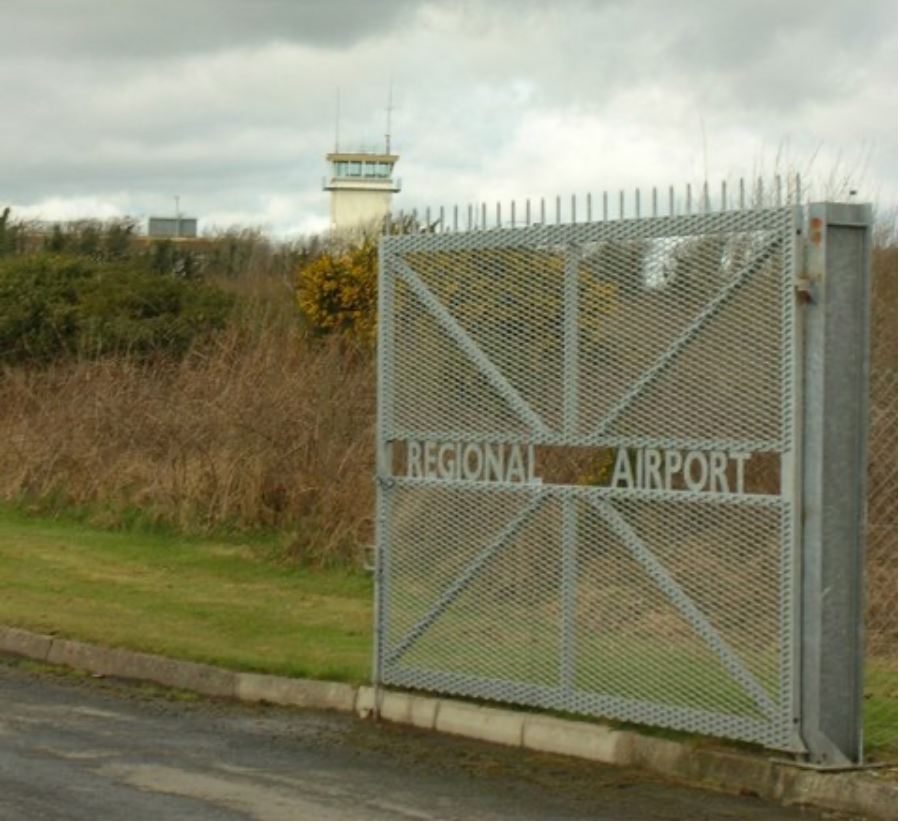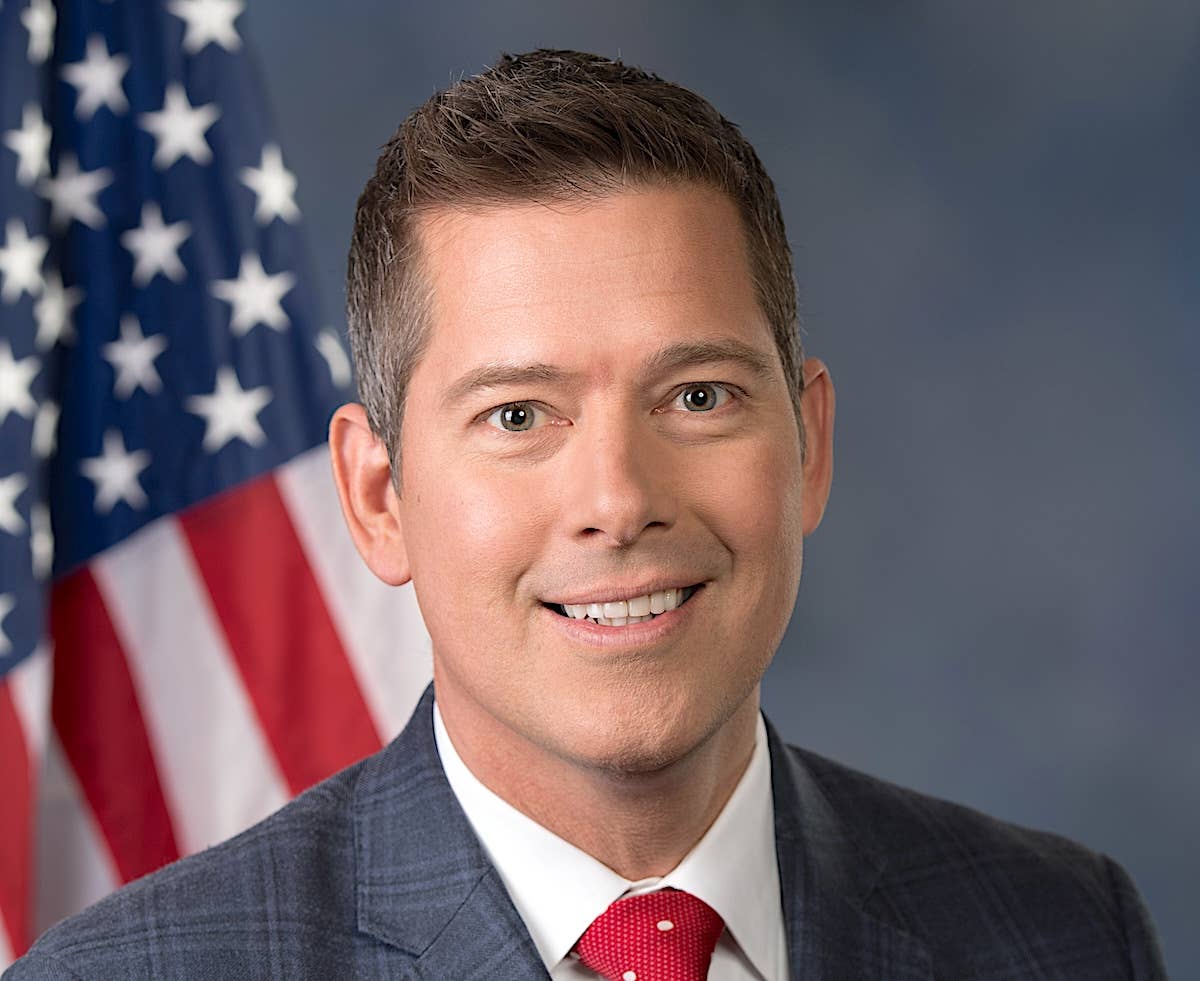A California Mom May Tip The Fuel Battle Scales
Publicity is the enemy of compacency and activists have sights on unleaded fuel.

Taking soil samples at Long Beach. Photo by Mel Melcon
In all the teeth-gnashing about the rocky road to a universal unleaded aviation gasoline, there's a background theme that I've been trying to get across that tends to be drowned out by the technical issues and politics of the issue.
The dizzyingly complex details of gasoline chemistry and the puzzling political battle over the dark horse, GAMI's G100UL, that theoretically is the runaway leader in the race for a universal replacement for 100LL, consume us. Even though it's been approved for use in virtually every gasoline propeller-driven airplane on the U.S. registry (helicopters are coming soon) via STC, GAMI's refusal to submit the fuel to ASTM International for testing and the fuel transportation and dispensing industry's apparent refusal to consider putting the fuel in its tanks, pipes and trucks without ASTM blessing has led to a frustrating impasse.
The FAA and EPA have cut a deal that gives aviation until 2030 to come up with a new fuel, and it just seems like most of the players are perfectly comfortable stretching that deadline to the final minute. It seems to me that we could beat that deadline by a few years if something gave in the impasse over G100UL. I have tried, with varying degrees of success depending on who you talk to, to unravel the business, regulatory and personal issues that are in the way, but it seems to be just the way it is for now.
The two other fuels in the running, Swift Fuels 100R and VP Aviation's entry, are going through painstaking testing and approvals by both the FAA and ASTM and it would appear that will take at least 18 months. Meanwhile, there are more than a million gallons of G100UL sitting at a Vitol Aviation refinery that the company says is ready to start the process of eliminating lead emissions from aircraft.
We in aviation tend to view this as an interesting bun fight between the fuel establishment and some newcomers to the industry that has no consequences since 100LL continues to be plentiful at all the places we're used to finding it. Indeed, that's a fundamental tenet of the Eliminate Aviation Gasoline Lead Emissions group, maintaining a ready supply of 100LL while all the issues surrounding the transition are sorted out.
And that's where Lori Shepler enters the picture. A couple of years ago, she dropped her now 7-year-old twins off at a school next to Long Beach Airport with more than the usual trepidation of the parental jitters that go along with that milestone. When her daughter (the other twin is a boy) was a baby, she had cancer surgery and underwent chemotherapy. The family just celebrated her five years in remission.
Meanwhile, the flight schools that line the ramps at Long Beach were responding to a massive increase in flight training demand, and she says on an average day there's a landing and takeoff about every minute during school hours. Not long after that first day of school, Shepler was horrified to find out that lead was coming out of their exhaust pipes.
The attitude of some in aviation is that the amount of lead being released by GA is so small, relatively speaking, that there's no real health hazard. That's not to say there isn't support for getting lead out of avgas, but we're more concerned with the effect on valve seats and other engine components than the known effects of lead on human health.
For Shepler, the airplanes ceased to be a mere annoyance. They became spewers of poison that were unleashing toxins on a little girl who had already been through so much. Getting to school was such a victory and now it became, in Shepler's mind, an existential threat.
At this point, it's fair to ask why she didn't just switch schools, but there's an ex and a family court judge involved who agree that the lead emissions are not a threat that justifies moving schools. Shepler will be fighting that position in court in June.
Meanwhile, as Shepler researched more and called up the principal players in the current impasse, she grew more frustrated and is now infuriated since the solution to her problem is at the Vitol refinery instead of flowing from the pumps at Long Beach.
"It's concerning that it's being stopped," said Shepler, whose quiet and respectful manner has already caused some to underestimate her. One of the fuel leaders she spoke with at first dismissed her as a "housewife" but he doesn't do that anymore. Shepler is a Pulitzer Prize-winning former photojournalist for the Los Angeles Times and she's using all her skills and contacts to fight this battle.
To that end, she's helping organize a protest this coming Thursday (May 16) to raise awareness about the lead issue. Other groups who are more concerned about noise will also be there. Shepler has had some success in getting the local media interested in the issue in the past couple of years. Ironically the LA Times has yet to bite but the opposition Orange County Register did a major feature as have smaller publications in the immediate area.
But among the media expected to attend the Thursday protest is the local CBS affiliate. Depending on what kind of news day Thursday turns out to be the story might have legs beyond LA (and might wake up the Times, too).
Shepler has witnessed the amazement that many people express when they learn that there is still lead being used in fuel. The knowledge is being used by groups who are less concerned about the health effects of lead than the noise they are enduring or the profits they are missing because of their local airports. Lead emissions are now a standard part of the argument for anti-airport groups and that is helping to spread the knowledge. Shepler is trying to get one of the national news magazine shows interested in the story.
Meanwhile, she continues to attack her part of the battle with calm logic. She's taken soil samples near the airport and all have lead. A few are right on the threshold where the EPA starts taking notice. She continues to liase with other groups that have formed in other areas of California that are fighting their own regional efforts, and that has resulted in a bill moving through the legislature that would ban leaded avgas.
But the real kingpin in what happens in California rests with the Center for Environmental Health. As we've reported, CEH has a consent agreement that compels the several dozen FBOs that are signatories to begin offering a lower lead alternative to 100LL as soon as it becomes "commercially available." CEH can have a major influence on whether G100UL is defined in that manner, but so far it has not commented publicly on what, if anything, it intends to do. By the way, I'm a little ticked that Shepler can call and talk to CEH and their lawyers at will but they've so far ignored me. She offered to put in a word for me. Housewife, huh?
Shepler of course, doesn't care who wins the fuel battle, who makes money or how it all shakes out. She just knows that when some kind of unleaded fuel gets into the tanks at Long Beach, one of her big worries and a source of family strife just disappears. But she also doesn't want others to have those worries when the solution seems so simple.
"I just want the lead to end," she said. "I think this is an important thing."






